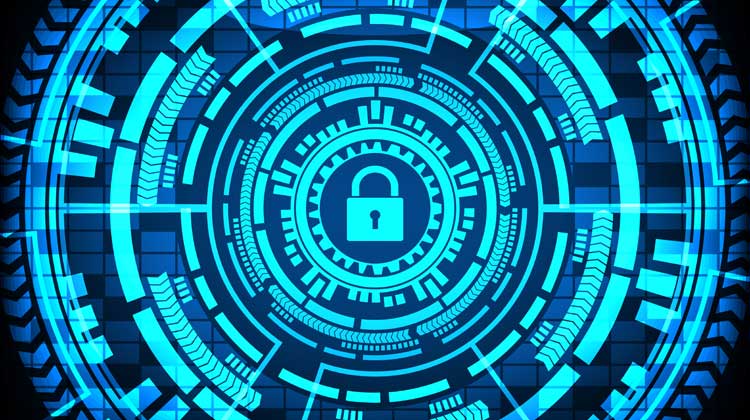
As Mark Zuckerberg faced Congress about the good and bad aspects of Facebook’s decidedly open-web presence, cybersecurity expert Gabriel Weimann revealed that there are good, as well as bad, aspects of the “dark net” in an interview with the Woodrow Wilson Center.
Weimann, a public policy fellow at the Wilson Center’s Middle East and Science and Technology Innovation Programs, revealed that more than 95 percent of the web is “under water,” and the typical consumer can see only about 5 percent.
“Think of the Internet as a huge iceberg that you see only the tip of it,” he said.
But Weimann added that people want most of that data concealed for a variety of reasons.
“We don’t want anyone to access our private information; we don’t’ want government records to be exposed; we don’t want everyone to access everything,” Weimann said. “The problem is not with the 96 [percent], but with some of it, which is used by negative forces—by the evil forces, so called—by criminals, by terrorists, by drug dealers, by illegal arms dealers and so on.”
Using deep encryption and concealing techniques, these individuals live and breathe in dark net, he said. Weimann noted that some avenues to access this part of the web include encrypted programs that communicate via random links and technology that can erase the communication as soon as the conversation ends.
“Now, that’s ideal for criminals or anyone who seeks secrecy for negative purposes, but also as we will discuss later, some positive forces too,” he said. “It’s more secret and safe, and in a way, it’s challenging counterterrorism agencies or security agencies.”
One of the biggest challenges, he said, is the introduction of virtual currencies, which make it tougher to track terrorists and illegal activity.
“In the past, terrorists used money, and it was easy to find the money trail and follow the terrorist and stop [or] block them in a way,” he said.
With currencies like Bitcoin, however, it’s much more difficult.
“Just imagine how ideal it is for terrorists when there’s no cash, no check, doesn’t need to go and deposit [or] withdraw money from a bank,” he said. “All they do—and they did it in several attacks in western Europe—the exchange of money from fundraising to the buying or selling of explosives and arms was done using Bitcoin.”
As companies and governments work to censor the open web from such criminal activity, terrorists just continue to populate the dark net with everything from books and media to terror manuals,” Weimann added.
“We have to keep in mind that this is a cat-and-mouse game,” he said. “That is, we do something, they do something, they react, it’s a dialectic game which is never ending.”
But the idea that the dark net is simply “all bad” is not accurate, he said.
“We have to remember that this is also the safe platform for positioned forces in certain countries, for dissidents, for journalists communicating with their sources, or journalists communicating among themselves for journalists in certain regimes or countries to leak information out, or for whistleblowers,” Weimann said. “When we decide that we should fight the dark web, we should keep in mind that not all of it should be removed from the net; we should also, I would say, provide some protection to the light side of the dark web.”
The interview was part of the Woodrow Wilson Center’s Wilson Center NOW series, which include interviews with experts about the top issues and news of the day. Click here to view the entire interview.
© 2018 Homeland411